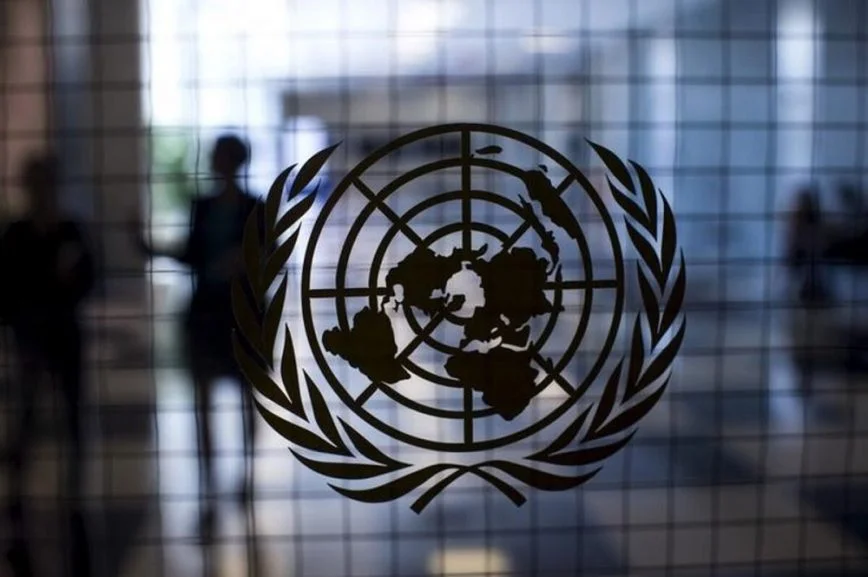A five-decade-long geopolitical standoff may reach a turning point this Friday. The UN Security Council is scheduled to vote on a forceful resolution drafted by the United States. This text declares genuine autonomy under Moroccan administration as the “most practical path” toward achieving peace in Western Sahara.
Morocco firmly asserts its sovereignty over the vast desert territory. Conversely, the Polisario Front, which has strong backing from Algeria, demands full independence.
At stake in this vote are a fragile 1991 ceasefire, the fate of thousands of displaced individuals, and the stability of a potential flashpoint in North Africa.
Key Elements of the Proposed Resolution
The U.S.-sponsored document aims to fundamentally reshape the future of the territory.
- Autonomy Framework: The blueprint proposes a local government structure. This would grant the territory control over its daily affairs, local courts, and internal laws. Morocco would retain control over crucial functions, including defense, diplomacy, and religious oversight.
- Rejection of Independence: The resolution specifically dismisses the Polisario Front’s long-standing demand for a sovereignty referendum. The option of full independence is excluded from the framework.
- Peacekeeper Renewal: The text seeks to extend the mandate of MINURSO, the UN peacekeeping mission, for another year to ensure continuous monitoring of the truce.
For the resolution to pass, it needs nine “yes” votes. Crucially, none of the five permanent members (U.S., U.K., France, Russia, and China) can cast a veto. As of now, Russia and China are reportedly undecided on their vote.
Opposing Sides Remain Entrenched
The resolution effectively revives Morocco’s 2007 proposal, which was first put forward eighteen years ago. The plan now has significant international backing.
- The Polisario Front and Algeria have rejected the approach. They insist there will be “no talks if autonomy is the starting line.” Algeria has also vowed to block any text perceived as favoring Morocco’s position.
ALSO READ: Mali Revokes Over 90 Exploration Licenses Amid Mining Crackdown
Global Momentum Shifts Toward Rabat
Over the last few years, international support has shifted significantly toward Morocco’s autonomy plan:
- United States: In July 2025, the U.S. called Morocco’s proposal “the only real solution.” A special envoy is actively working to achieve détente between Algeria and Morocco.
- France: The nation officially recognized Rabat’s sovereignty claim, a move that unlocked new investment opportunities.
- United Kingdom: In June 2025, the U.K. became the third permanent Security Council member to formally endorse the autonomy proposal.
- Spain: The former colonial power reversed its historic stance to back Morocco’s position.
This shift has created a ripple effect, with more European Union member states increasingly leaning toward Morocco’s solution.
High Stakes in the Sahara
The resolution addresses a conflict with profound implications:
- Humanitarian Crisis: Over 50,000 refugees remain in Algerian camps, awaiting a resolution that allows them to return to their homeland.
- Economic Resources: The territory holds vast phosphate reserves and access to a valuable Atlantic coast, raising major economic stakes.
- Regional Security: The 1991 ceasefire remains extremely fragile, having seen renewed clashes flare up in 2020.
If the resolution is approved, it locks in autonomy as the official diplomatic framework, effectively ending the push for independence.
A failure to pass or a veto would freeze negotiations, causing regional tensions to simmer indefinitely.






